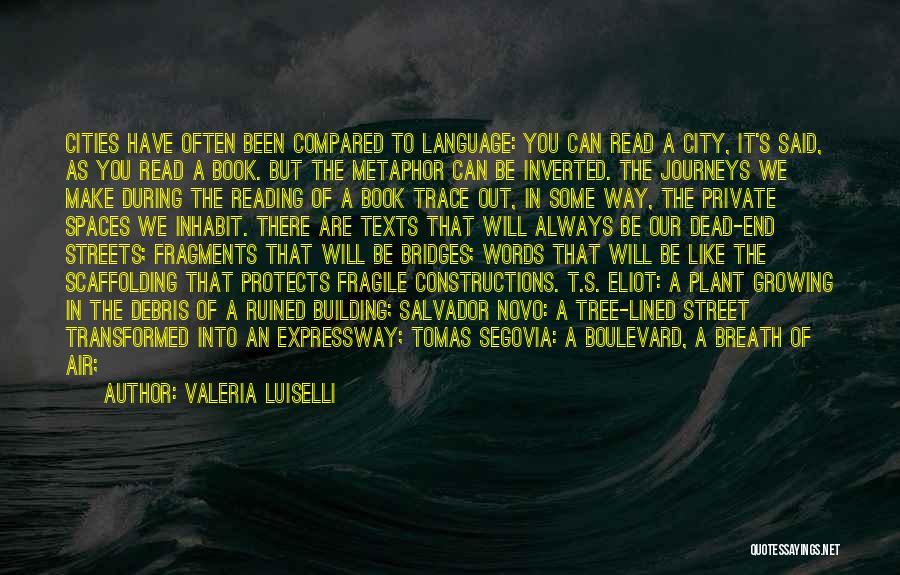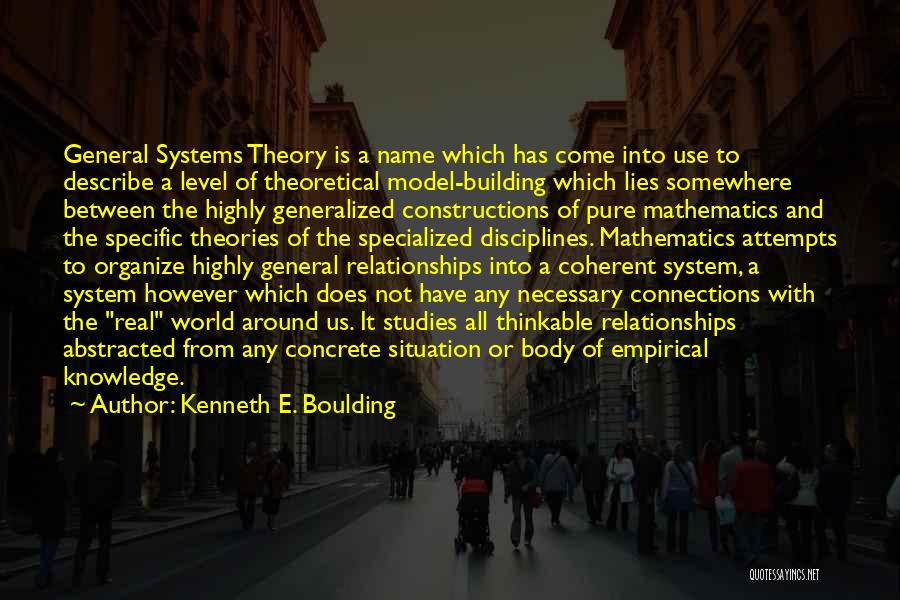Building Constructions Quotes & Sayings
Enjoy reading and share 3 famous quotes about Building Constructions with everyone.
Top Building Constructions Quotes

I don't like building, I'm not a carpenter, I don't like constructions particularly and things like that, but placements and the kinds of psychological weight that different materials have is pretty interesting to me. — Julian Schnabel

Cities have often been compared to language: you can read a city, it's said, as you read a book. But the metaphor can be inverted. The journeys we make during the reading of a book trace out, in some way, the private spaces we inhabit. There are texts that will always be our dead-end streets; fragments that will be bridges; words that will be like the scaffolding that protects fragile constructions. T.S. Eliot: a plant growing in the debris of a ruined building; Salvador Novo: a tree-lined street transformed into an expressway; Tomas Segovia: a boulevard, a breath of air; Roberto Bolano: a rooftop terrace; Isabel Allende: a (magically real) shopping mall; Gilles Deleuze: a summit; and Jacques Derrida: a pothole. Robert Walser: a chink in the wall, for looking through to the other side; Charles Baudelaire: a waiting room; Hannah Arendt: a tower, an Archimedean point; Martin Heidegger: a cul-de-sac; Walter Benjamin: a one-way street walked down against the flow. — Valeria Luiselli

General Systems Theory is a name which has come into use to describe a level of theoretical model-building which lies somewhere between the highly generalized constructions of pure mathematics and the specific theories of the specialized disciplines. Mathematics attempts to organize highly general relationships into a coherent system, a system however which does not have any necessary connections with the "real" world around us. It studies all thinkable relationships abstracted from any concrete situation or body of empirical knowledge. — Kenneth E. Boulding





